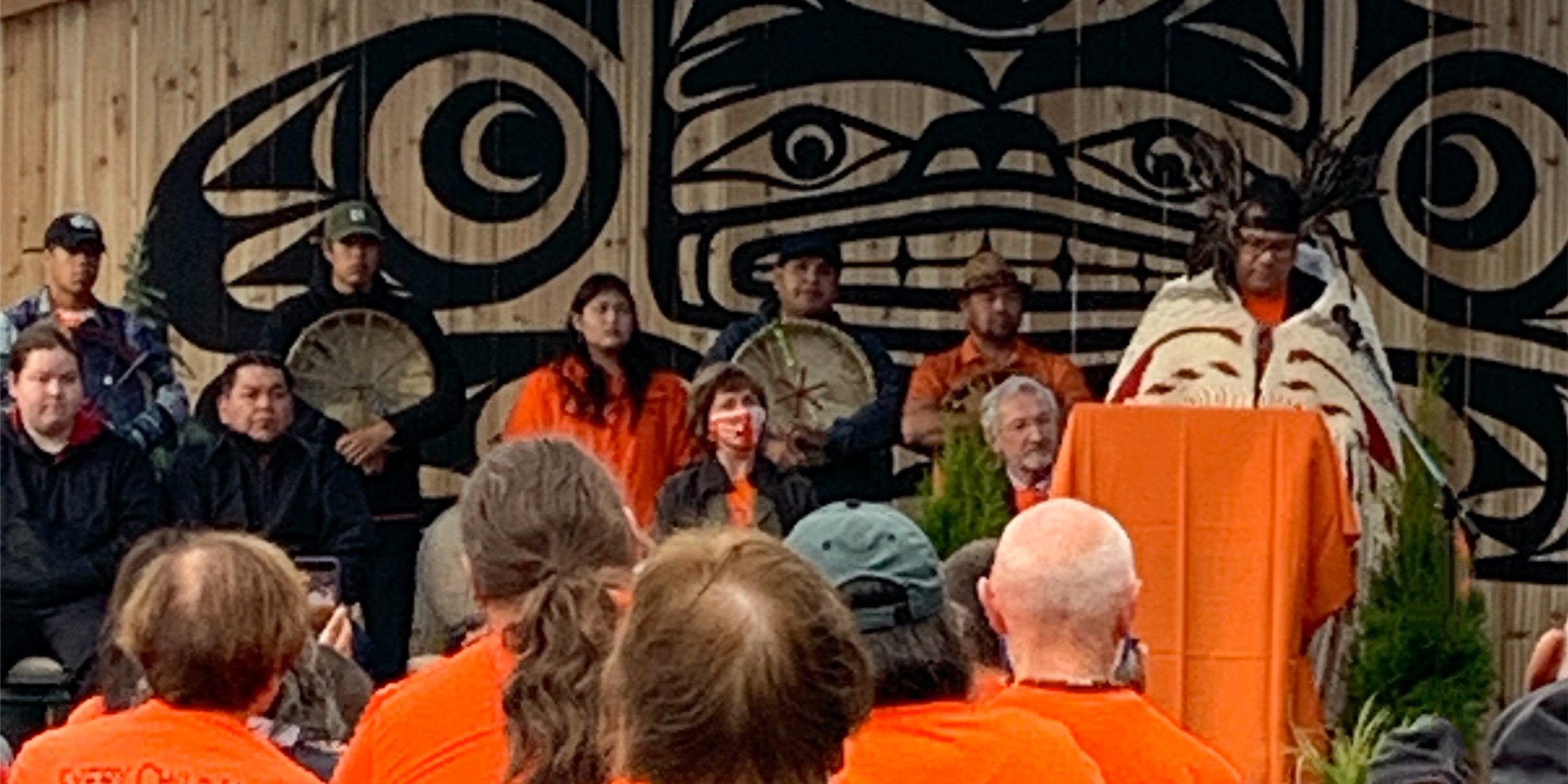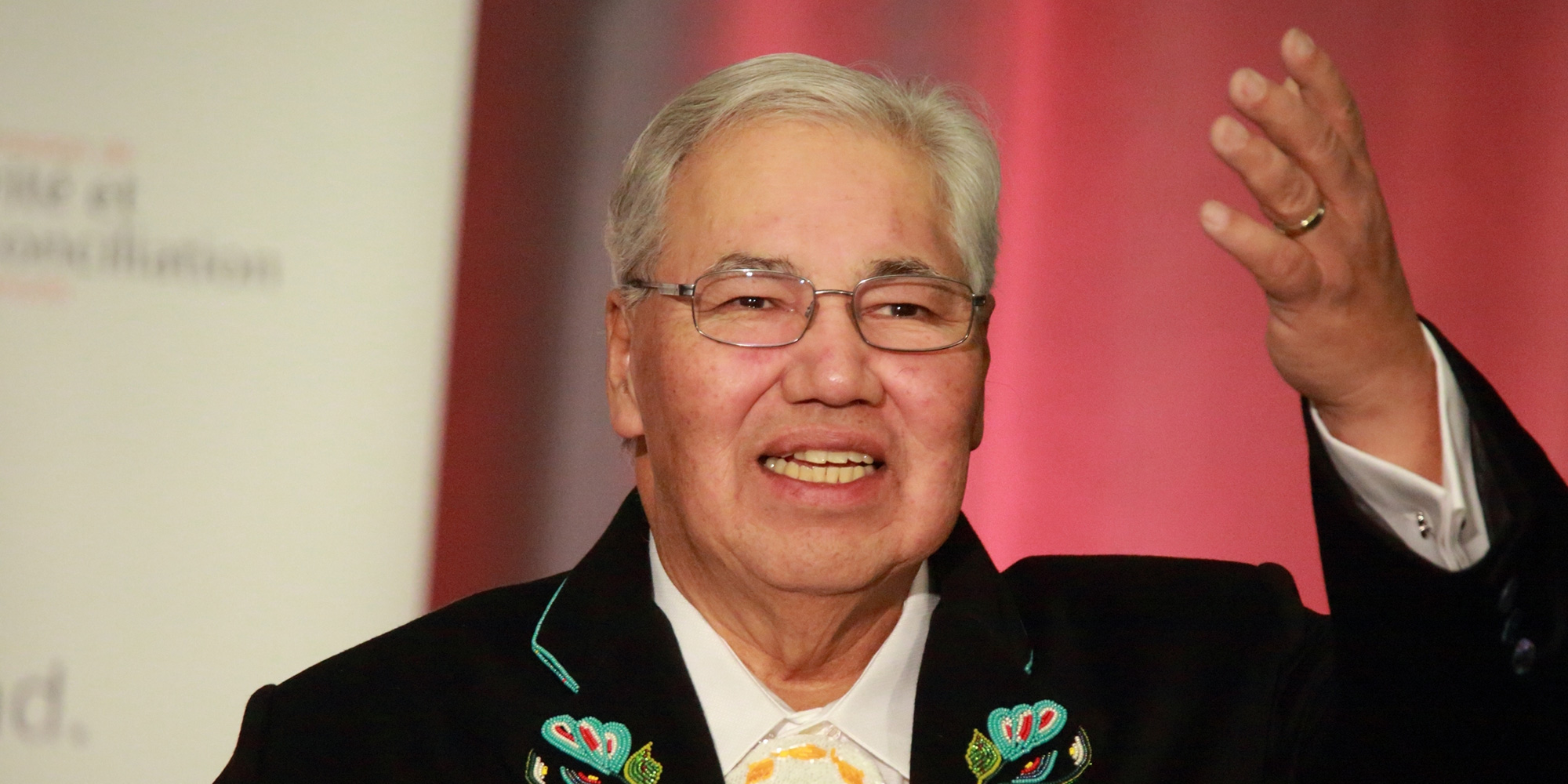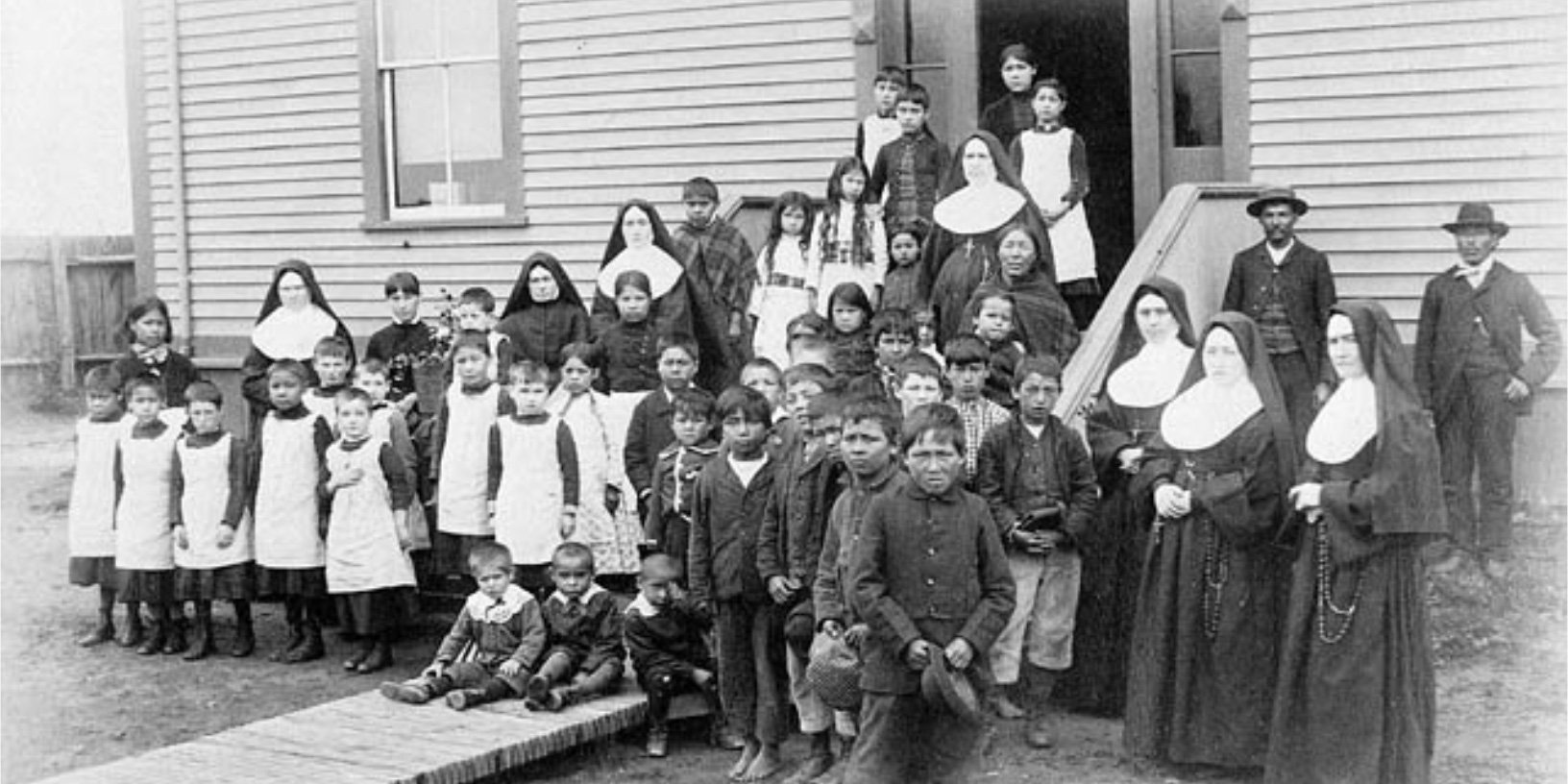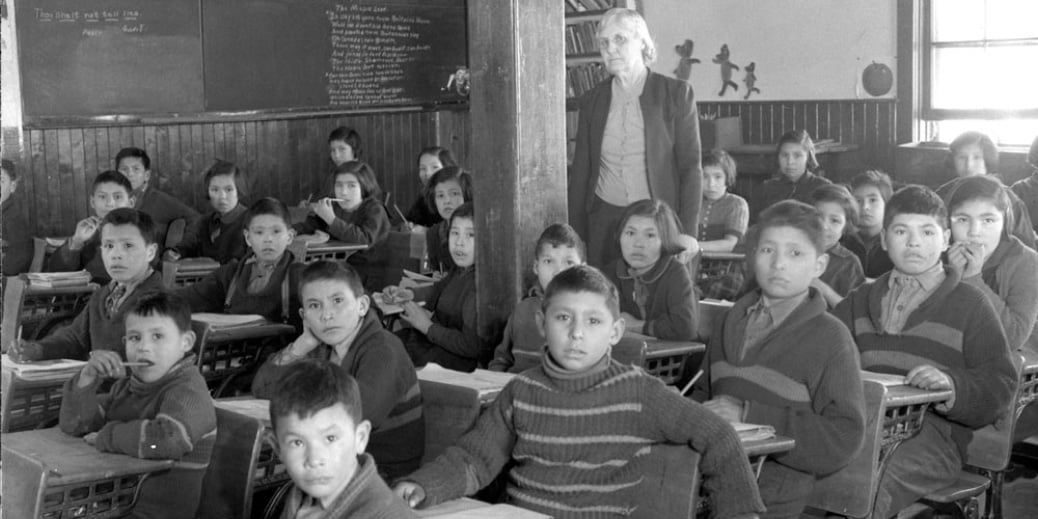Responses From Some Indigenous Leaders on the Historic Papal Apology
For many survivors of residential schools and their families, the Papal apology was all they hoped to hear, for others, it did not go far enough....

It is vital that the commitment to Truth and Reconciliation does not fade just a few weeks after the first National Day.
September 30 was the country’s first National Day of Truth and Reconciliation. The emphasis is on “first” because there will be more. But the second one should not have to wait until September 30 of next year. Every day needs to be Truth and Reconciliation Day.
Because after the outpouring of grief, of outrage, of profoundly moving accounts of the systemic and unrelenting physical, sexual and emotional abuse perpetrated against the Indigenous Peoples of Canada, two things became very clear.
The first is that Truth and Reconciliation is not something that can be achieved in a single day, nor through one day repeated every year. Real reconciliation will only come when non-Indigenous people in Canada fully understand the reality and accept the truth that vestiges of attitudes that created Residential Schools persist today. It is also clear that change must take root and be part of our everyday lives. We need changes in our institutions, changes in our legislation, changes in our legal system, and, most importantly, changes in our hearts.
The second is that there is room for hope, forgiveness and a better way forward. So many Indigenous speakers across the country yesterday expressed a genuine desire to find and forge genuine connections. Reconciliation is possible, but it begins with non-Indigenous people recognizing, respecting and embracing our common humanity with Indigenous Peoples.
It means understanding that not all degradations against Indigenous Peoples of this country are ancient history. They are not. Our Indigenous Awareness training provides further information on this and sees many learners shocked by just how recent some examples are.
The last Residential School closed in 1997. Yes, 1997, not 1897. Or 1927 or 1947. Today, in 2021, in one of the richest countries in the world, 61 Indigenous Communities in Canada are still without clean drinking water. Would non-Indigenous Canadians accept this? Then, neither should Indigenous Peoples.
Does this sound like the onus for meaningful change is on non-Indigenous people of Canada? Yes, because that’s where it has always resided. Yesterday a Snuneymuxw woman shared that she was the third generation in a family where four generations of her family suffered the abuses of Residential Schools: her grandfather, her parents, her, and her daughter. She spoke of the generational pain and damage and vowed that it would end with her daughter. It was a deeply moving moment whose impact on both Indigenous and non-Indigenous Peoples in attendance was profound.
So, every day, in every corner of Canada, every non-Indigenous person must commit themselves to justice, truth, and reconciliation. We hope that the large number of non-Indigenous Canadians attending ceremonies in every province, territory, city, town and hamlet were an indication of our collective commitment. A show of faith would be for all Canadians to strongly encourage their provincial governments (those that have not already done so) to fully embrace Truth and Reconciliation by declaring this National Day a provincial statutory holiday so that we may all take the time to reflect on our troubled relationship with Indigenous Peoples, and to prove to them that they are heard, understood and cherished.
September 30 was the beginning of many days of Truth and Reconciliation. Today is another day. And tomorrow is another, and the day after that, and the day after that …

For many survivors of residential schools and their families, the Papal apology was all they hoped to hear, for others, it did not go far enough....

This article includes a video of a conversation I had with my father Chief Robert Joseph, O.C., O.B.C., about his first day at residential school and...

1 min read
It is important for those who did not attend an Indian residential school to remember that the legacy of those dark halls did not end with Prime...